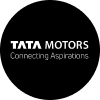17 Sep 2025
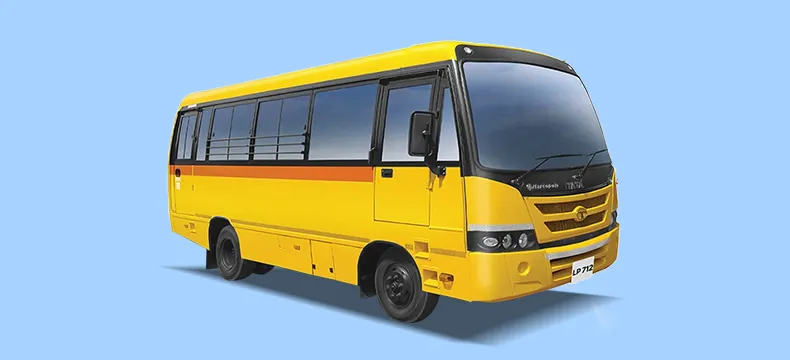
School Bus Maintenance: Ensuring Safety and Longevity
- Tata Motors
- 12 Feb 2025
- COMMERCIAL VEHICLE
Introduction
School buses play a vital role in student transport across Nepal, from the bustling streets of Kathmandu to the quieter towns in the valleys. Regular school bus maintenance is not just about keeping the vehicle operational—it is essential for ensuring safety, reliability, and longevity. This guide explores why proper school bus maintenance is crucial and provides key tips for keeping buses in top condition.
Why School Bus Maintenance Matters
Regular maintenance is crucial for multiple reasons. Firstly, it enhances safety, protecting children who rely on these vehicles daily. Poorly maintained buses are more prone to breakdowns and accidents, disrupting transport schedules and putting lives at risk.
Given Nepal’s varied terrain and unpredictable weather, maintaining a bus in peak condition is even more critical. Frequent inspections of key components such as brakes, tyres, and the engine can prevent costly repairs in the long run. Additionally, a well-maintained bus is more fuel-efficient, reducing operational costs—a significant factor for many schools.
The Importance of Reliable School Buses
The Tata LP 712/42 bus is an excellent choice for school and staff transport due to its powerful engine and advanced safety features. Its 497 TCIC Water-cooled, Direct Injection Diesel Engine delivers 125 PS of power at 2400 rpm and a peak torque of 400 Nm, ensuring reliable performance in Nepal’s diverse driving conditions.
The Link Between School Bus Safety and Maintenance
School bus safety begins with a well-maintained vehicle. Routine checks help prevent common issues such as brake failures, tyre blowouts, and engine overheating—all of which can be hazardous, particularly on Nepal’s hilly roads or congested urban areas.
The Tata LP 712/42 features a GBS 550 6F+1R Gearbox, which ensures smooth power transfer and easy gear shifting for a comfortable ride. Regular maintenance of such systems is essential for ensuring a seamless transport experience.
Key Safety Aspects to Consider
-
Brakes:
Regularly inspect the braking system. The Tata LP 712/42 is equipped with a robust braking system to ensure consistent stopping power, which is crucial on steep roads.
-
Tyres:
Worn-out tyres can cause skidding, especially on wet roads during the monsoon season. Check tyre pressure and tread depth frequently.
-
Lights and Mirrors:
Proper visibility is key to avoiding accidents. Ensure that headlights, brake lights, and mirrors are all functioning correctly.
Essential Bus Maintenance Tips
Consistent maintenance not only ensures student safety but also extends the vehicle’s lifespan. Here are some essential bus maintenance tips:
-
Regular Engine Checks:
The engine is the heart of the bus. The Tata LP 712/42’s 497 TCIC engine is designed for reliability. Ensure regular oil changes and monitor for unusual noises or vibrations.
-
Inspect Suspension Systems:
A faulty suspension system can affect handling and ride comfort. The Tata LP 712/42 features a Semi-elliptical Leaf Spring Suspension at both the front and rear, ensuring smooth travel on rough terrain. Regular inspections can help prevent expensive repairs.
-
Monitor Fluid Levels:
Check all fluid levels, including coolant, brake fluid, and power steering fluid. Low levels could indicate leaks or other issues.
-
Tyre Maintenance:
Tyres should be rotated every 10,000 km to ensure even wear. Check air pressure weekly, particularly before long trips through hilly areas.
-
Check Electrical Components:
Ensure that all electrical systems, including the battery, alternator, and lighting systems, are functioning properly.
-
Regular Cleaning:
A clean bus is not only pleasant but also safer. Dirt and grime can conceal wear and tear on components like brake lines. Washing the bus frequently helps prevent rust and corrosion, particularly during Nepal’s monsoon season.
Conclusion
Maintaining a school bus involves more than just routine oil changes and tyre checks—it is about ensuring student safety, providing peace of mind to parents, and extending the vehicle’s longevity. In Nepal, where roads can be unpredictable and weather conditions variable, diligent maintenance is essential. By following these key maintenance tips, schools can keep their fleets running smoothly and safely for years to come.
By choosing a reliable model such as the Tata LP 712/42, schools in Nepal can invest in quality and safety for their transportation needs. With its robust features and design, this bus simplifies the maintenance process, allowing schools to focus on what matters most: safe and efficient student transport.
Frequently Asked Questions (FAQ)
1. What are the key components of a school bus that require regular maintenance?
The most critical components include the engine, brakes, tyres, and suspension systems. Regular inspections of the electrical system and fluid levels are also essential for safe operation.
2. How can I prevent rust and corrosion on my school bus?
Washing the bus regularly, particularly after driving on muddy or salted roads, can help prevent rust. Applying an anti-corrosion spray on the chassis and exposed metal parts can also extend the vehicle’s lifespan.
3. What are the recommended maintenance intervals for school buses?
Major service checks should typically be conducted every 10,000 km. However, monthly safety inspections of the brakes, tyres, and engine oil levels are recommended to ensure school bus safety.
4. Why is brake maintenance essential for school buses?
Brakes are the most critical safety component of any school bus. Regular brake checks ensure the vehicle can stop effectively, reducing the risk of accidents, especially on Nepal’s hilly roads.
- Tags
Latest Blogs
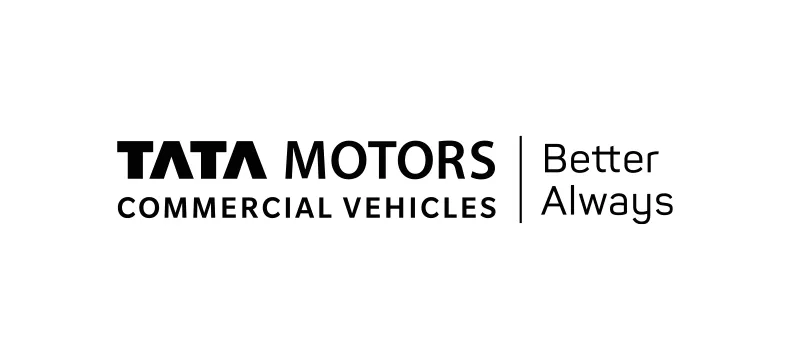
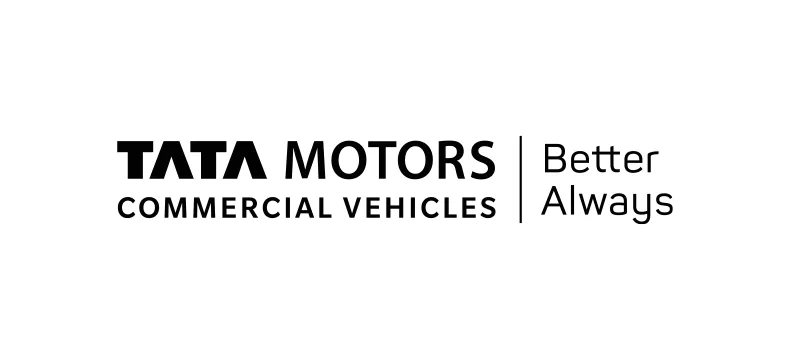
10 Sep 2025
What Exactly Is Torque in A Truck Engine?
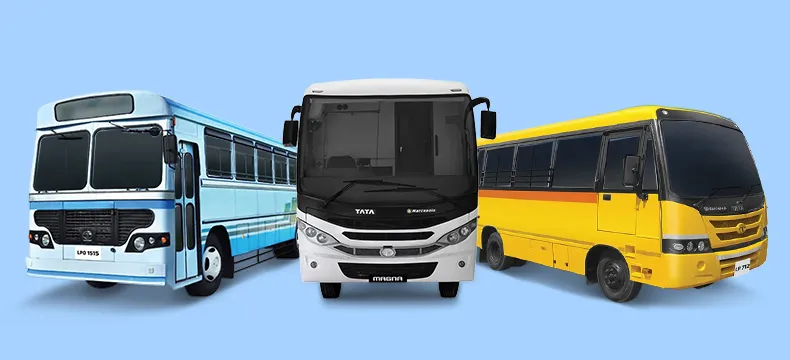
10 Sep 2025








